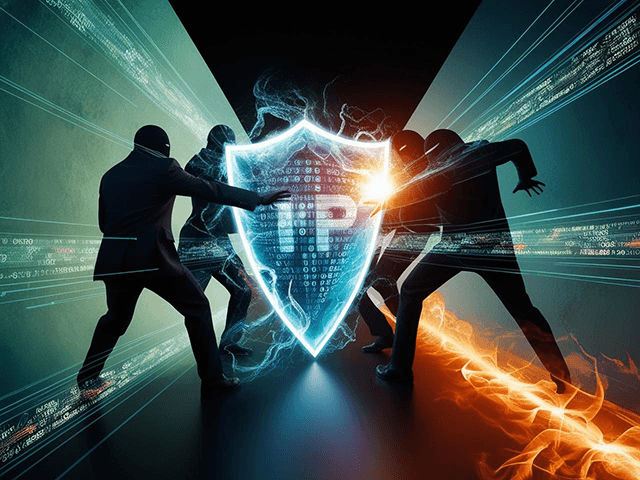In this article, we'll delve into the world of IP grabbers, examining their risks and exploring ways to safeguard your digital presence.
What is an IP Address?
An IP address, or Internet Protocol address, is a unique identifier assigned to each device connected to a network. It serves as a digital address, allowing devices to communicate with each other over the internet.
Why Do People Want to Grab IP Addresses?
IP addresses can reveal a lot about a person, such as their approximate geographical location and their internet service provider. Some people use IP grabbers for benign purposes, such as troubleshooting network issues or understanding web traffic patterns. However, others use them with malicious intent, aiming to track, stalk, or hack individuals.
How IP Grabbers Work
IP grabbers work by tricking users into clicking on a specially crafted link, known as an IP tracker link. When clicked, the link logs the user's IP address and other related information. This data is then sent back to the person who created the link, often without the user's knowledge.
Types of IP Grabbers
There are several types of IP grabbers, each with varying levels of sophistication:
- IP Logger: A simple tool that logs the IP addresses of users who click on a designated URL.
- IP Puller: Often used in online gaming, this tool extracts IP addresses from game servers.
- URL to IP Address Converter: Converts a domain name to its corresponding IP address.
Common IP Grabber Tools
- Grabify: A popular tool that creates short links to log IP addresses.
- IP Logger: Provides a simple interface to track IP addresses from shared links.
- Blasze IP Puller: Used mainly in gaming communities to obtain opponent IPs.
Risks Associated with IP Grabbers
Understanding the risks posed by IP grabbers is essential to protecting yourself online. Here are some of the potential dangers:
Privacy Invasion
IP grabbers can lead to unauthorized access to your personal information. With your IP address, malicious actors can determine your approximate location, potentially leading to privacy breaches.
Cyber Attacks
Once an attacker knows your IP address, they might attempt to launch cyber attacks, such as Distributed Denial of Service (DDoS) attacks, which can disrupt your internet connection.
Stalking and Harassment
Knowing your IP address allows cybercriminals to track your online activities, potentially leading to stalking or harassment.
How to Protect Yourself from IP Grabbers

Cybersecurity concept
Fortunately, there are several ways to protect yourself from IP grabbers and maintain your online privacy:
Use a Virtual Private Network (VPN)
A VPN masks your IP address by routing your internet traffic through a secure server. This makes it difficult for IP grabbers to trace your real IP address.
Be Cautious with Links
Avoid clicking on suspicious links, especially from unknown sources. Always verify the legitimacy of a URL before clicking.
Use Strong Passwords
Strengthen your online security by using strong, unique passwords for your accounts. This can prevent unauthorized access in case of a breach.
Regularly Update Software
Keep your software and applications updated to protect against vulnerabilities that hackers might exploit.
Use Secure Browsing Extensions
Install browser extensions that enhance your privacy, such as ad blockers and anti-tracking tools.
How to Check an IP Address of a Website
If you're curious about the IP address of a website, you can use several methods to find out:
Online IP Checker Tools
There are numerous online tools available, such as "What Is My IP" and "IP Tracker," that can help you locate a website's IP address.
Command Prompt
For more tech-savvy individuals, using the command prompt on your computer can reveal a website's IP address. Simply type ping followed by the domain name to see its IP address.
Conclusion
IP grabbers pose a significant threat to online privacy, but with the right precautions, you can protect yourself from potential risks. By understanding how these tools work and implementing effective security measures, you can maintain control over your digital footprint and safeguard your personal information. Stay vigilant, practice safe browsing habits, and prioritize your online privacy to navigate the internet securely.